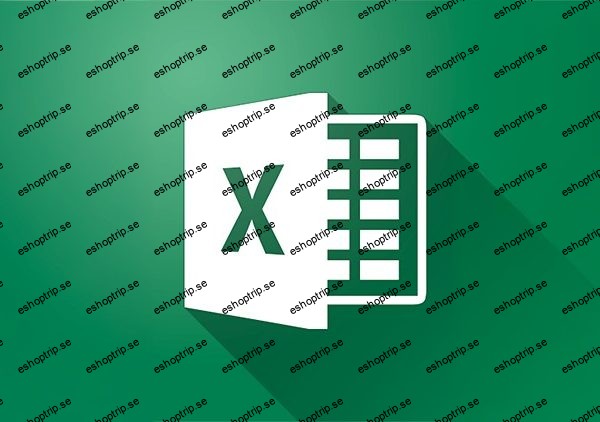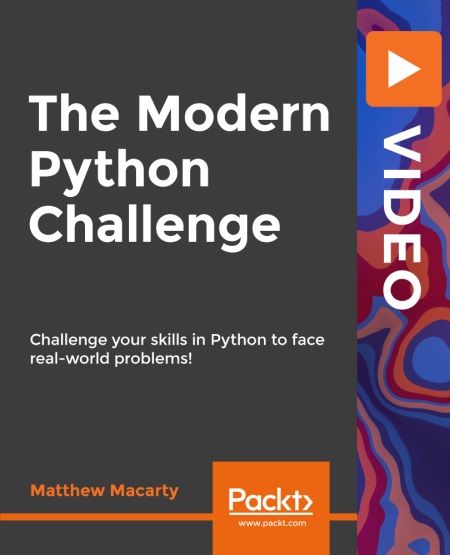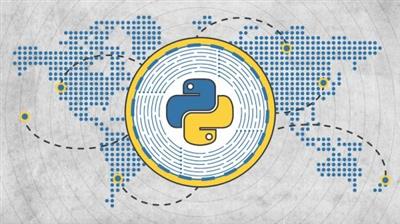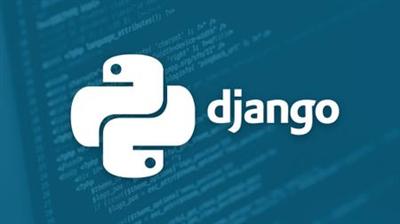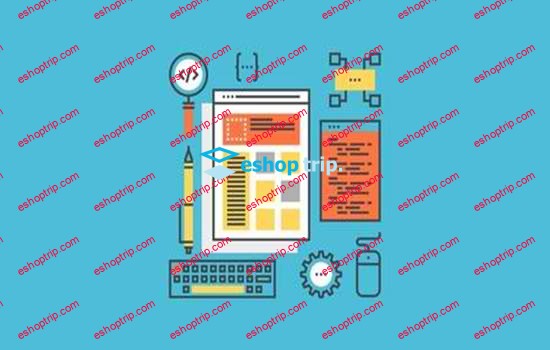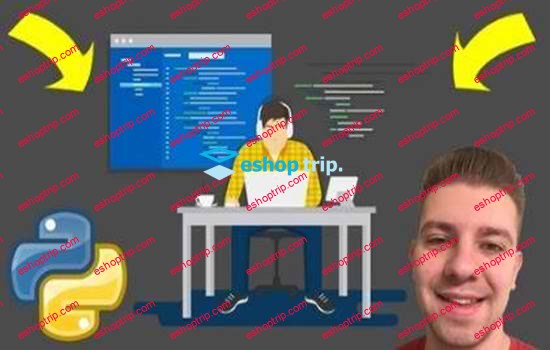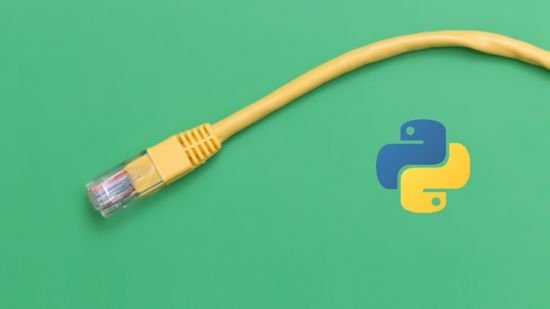Published 10/2024
Created by Noel Araujo Moreira
MP4 | Video: h264, 1280×720 | Audio: AAC, 44.1 KHz, 2 Ch
Genre: eLearning | Language: English | Duration: 17 Lectures ( 1h 13m ) | Size: 610 MB
Migrating From Python or Matlab into Julia World
What you’ll learn
Learn how to use Julia’s package manager and modules.
Learn how Julia’s data types differ from Python and MATLAB, leading to concepts like multiple dispatch, parametric types, and type inference
Learn how to identify different types of functions.
Familiarize yourself with the syntax and functionality of do-block, broadcast, and piping
Requirements
Any background on programming.
Description
Are you a Python or MATLAB developer looking to level up your programming skills with a cutting-edge, high-performance language? This course offers the perfect opportunity to dive into Julia — a versatile, rapidly growing language that’s becoming a go-to in fields like scientific computing, data science, and machine learning.Throughout the course, you’ll master the essentials of Julia, from understanding its data types and control flow structures to working with its powerful function system. You’ll also uncover how Julia’s standout features—such as multiple dispatch and parametric types—can simplify and accelerate your coding process, but may be confusing to understand at first sight.You’ll learn how to use its package manager and modules, as well as advanced tools like piping and broadcasting, which will help you write cleaner code. These tools are designed to boost your productivity by enhancing code organization, reusability, and sometimes, performance.You’ll dig into advanced topics such as in-place operations, iterators, macros, named tuples, structs, and, of course, multiple dispatch. With these skills, you’ll be equipped to design custom data structures, write flexible, efficient functions, and tap into Julia’s powerful metaprogramming abilities.By the end of this journey, you’ll have a deep understanding of Julia and the confidence to apply it to real-world projects. Whether you’re working as a data scientist, researcher, or engineer, this course will arm you with the tools to thrive in the Julia programming landscape.
Who this course is for
Data scientists, data engineers, and anyone that already has a background in computing (eg, Python or Matlab) needs to hear some friendly advice on how to understand the features of the Julia language.
https://anonymz.com/?https://www.udemy.com/course/julia-journey/

